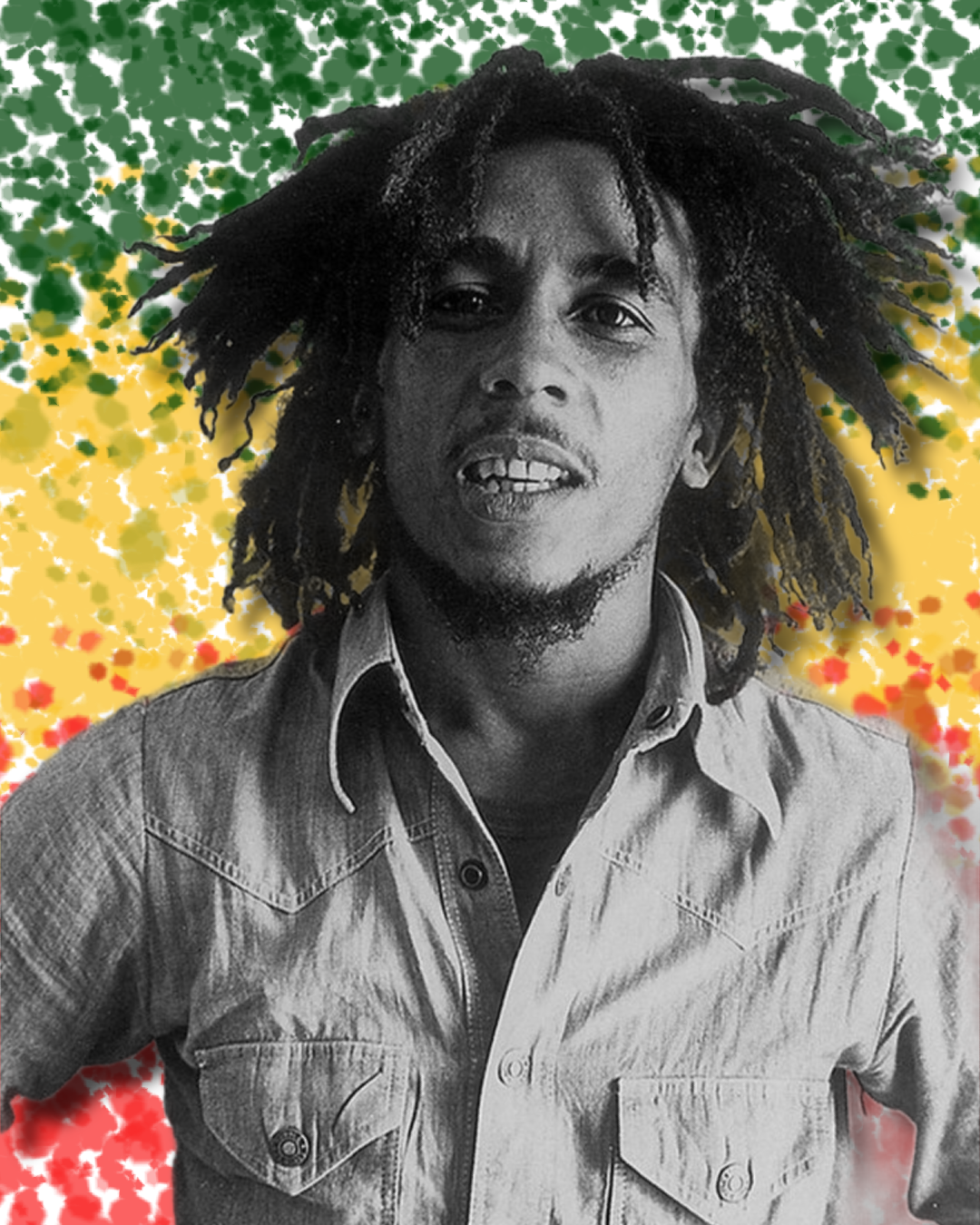Let’s talk about dreadlocks. Many cultures have locked their hair starting thousands of years ago. Ancient civilizations in Africa, Greece, India, and South America all have depictions of individuals wearing their hair in locks.
Even though forming hair into 'locs' is an ancient tradition, Bob Marley’s rise to international fame in the 70s made him kind of a poster boy for dreadlocks and the Rasta lifestyle.
The Rastas lock their hair for religious, social, and political reasons. They adhere to teachings of the Bible – which says Jesus will return as the Lion of Judah. Free form locs are meant to resemble a lion’s mane. Some Rastas believe your energy flows from the top of your head. Not cutting your hair leaves the individual stronger, in mind, body, and spirit. This argument is supported by the story of Samson in The Old Testament of the Bible.
The Rastafari Movement isn’t just a religion but a movement for social liberation.
When emperor of Ethiopia; Haile Selassie was forced into exile, guerrilla warriors vowed not to cut their hair until he was freed. Over time, their hair formed into long locks. Their locked hair was a political statement.
When Africans were sold into slavery, their heads were shaven – removing their identity, autonomy, and culture. Textured hair has been vilanized as Eurocentric beauty standards and grooming were forced onto displaced Africans. So when individuals of African decent had the freedom to choose their hairstyle, they went back to a free-form-loc-style. This was a form of rebellion from oppression, celebration of self expression, or African pride.
There are many stories that claim to explain the origin of the term 'dreadlocks'.
Some say that it started in the 1950s to describe the fierce Kenyan warriors as they rose up against the colonial regime. Others say the term was coined by the Rastafari themselves to describe their own “dread” or “fear of God."
Most of all, the history of dreadlocks is immense, inspirations are many, and each person who wears their hair in locs has their own reason for doing so.


